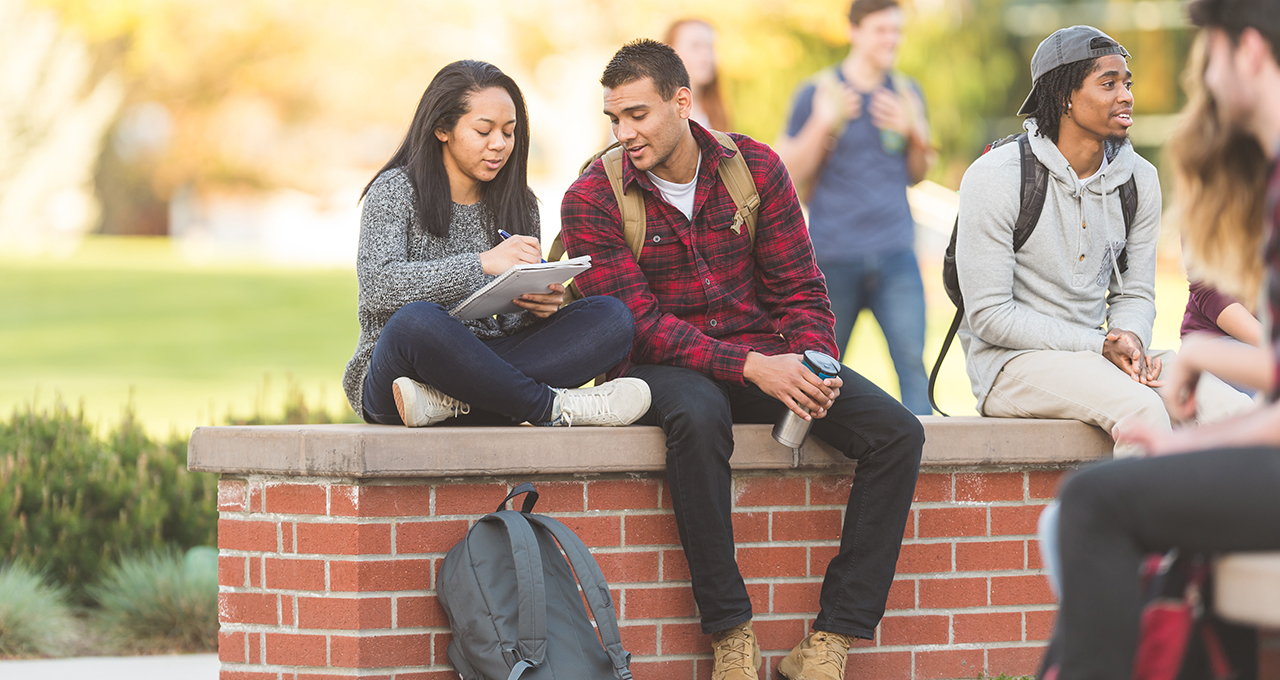Americans see the price in better education – whether or not they graduated from university. Most say a university degree is critical, if no longer vital, in supporting a younger person to succeed in the world, and college graduates themselves say their diplomas helped them develop and broaden the skills they wished for in the workplace. While fewer than half of today’s teens are enrolled in 12-month or four-year universities, the percentage has risen step by step over the last several years. And the economic blessings college graduates have over those without a degree are clear and developing.
Even so, there is an undercurrent of dissatisfaction – even suspicion – among the public regarding the function colleges play in society, how admissions selections are made, and the volume to which loose speech is limited on university campuses. And those views are increasingly linked to partisanship.

A new Pew Research Center survey finds that the simplest half of American adults suppose faculties and universities are having a fine effect on how things are going in the United States nowadays. About 4-in-ten (38%) say they have a terrible impact – up from 26% in 2012. The percentage of Americans pronouncing colleges and universities has a terrible effect multiplied by using 12 percent factors for 2012. The boom in negative views has come nearly completely from Republicans and independents who lean Republican. From 2015 to 2019, the share of pronouncing faculties negatively affected the United States from 37% to fifty-nine%. Over that identical length, the perspectives of Democrats and independents who lean Democratic have largely remained stable and overwhelmingly high quality.
Gallup located a similar shift in perspectives about higher training. Between 2015 and 2018, the proportion of Americans pronouncing they had a top-notch deal, or pretty a whole lot of self-belief in better education, dropped from 57% to 48%, and the falloff became more amongst Republicans (from 56% to 39%) than among Democrats (68% to 62%).1 Most Democrats have faith in university professors to behave inside the public hobby; Republicans are divided to additional Pew Research Center surveys underscore the partisan hole in perspectives about better schooling. In overdue 2018, eighty-four % of Democrats and independents who lean to the Democratic Party stated they had got a notable deal or an honest quantity of self-belief in college and university professors to behave within the nice interests of the public. Only about half (forty-eight%) of Republicans and Republican leaners said the equal. In truth, 19% of Republicans stated they don’t have any self-belief from university professors to behave within the public hobby. In early 2019, 87% of Democrats – however, fewer than 1/2 (forty-four %) of Republicans – stated faculties and universities are open to various opinions and viewpoints.
Republicans and Democrats differ over what’s sick higher schooling.
Most Americans have doubts about the direction of better training inside the U.S. % saying the higher education system within the U.S. Nowadays is commonly going in the …A 2018 Pew Research Center survey took a deeper dive into the reasons for those moving views. The survey first asked whether the better training machine inside the U.S. generally goes in the right or incorrect direction. A majority of Americans (61%) say it’s going on the wrong path. Republicans and Republican leaners are significantly more likely to specify this view than Democrats and Democratic leaners (seventy-three % vs. Fifty-two %).
There are large partisan gaps in motives as to why better education is headed in the incorrect direction among people who say better education is running the wrong route. Many reasons why they think this is the case differ alongside birthday celebration lines. Majorities of Republicans (77%) and Democrats (ninety-two %) say high tuition fees are a first-rate cause of why they believe schools and universities are headed in the wrong route.





